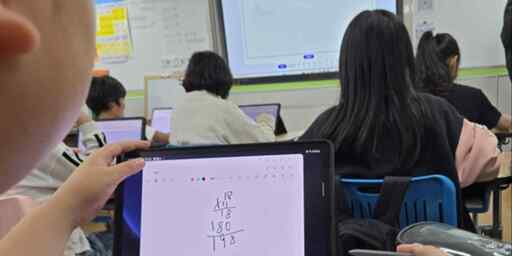I work in the data center industry—my company designs them.
Traditional IT server racks typically draw about 12 kW of power. Most of this power is converted into heat, so we must provide an equal amount of cooling. These servers must never experience a power failure or overheat, so we use massive generators, battery farms, and chilled water buffer tanks to ensure redundancy.
Now, with the rise of AI, many data centers are undergoing major overhauls. IT racks have gone from drawing 12–15 kW each to 40–100 kW. This represents a huge increase in both weight and power density. As a result, most cooling and electrical systems need to be completely redesigned. Much of the older equipment is being replaced with new infrastructure.
Even a simple Google search now uses up to 10 times more power than before, as AI has been integrated into their search function.
The environmental impact of AI is pretty devastating—I don’t think many people are aware of this.
Yeah. I work for a company that builds the electrical systems for cooling Amazon’s AWS servers in data centers and we are trying to keep up with orders as best we can. They just want more more more, so much that we’re storing them in another warehouse because we don’t have the room here.
They’re projecting orders all the way into 2035 currently.
Maybe someone should let them know how often AI is wrong?
Everyday we get closer to the book The Diamond Age by Neil Stephenson where the main character has stolen from him a book he created called, “A Young Ladies Illustrated Primer” The thief turns out to be a hacker and mass produces copies of the book for orphans.
The book itself is an AI that assess the users surroundings and intelligence level before creating stories that are relevant to the user that also educates them.
I can see this being a net positive if done correctly. But I don’t think the tech is there yet.
I’d say given the current tech environment that book would “educate” based more on a Brave New World caste and less on ideal knowledge to raise someone up but to keep them in a certain assigned position.
one of my top 3 books. This doesn’t add to your comment but I find it interesting: An important part of the story is that the Primer was originally intended to train a billionaire’s granddaughter to become a powerful CEO. One equity-lord’s attempt to hoard knowledge that backfires is what catalyzes the story.
Ain’t nobody got time to read. Send an AI generated summary.
The Diamond Age by Neil Stephenson
sounds interesting. Noted
Sounds like an interesting book
Thank you for sharing!
And what exactly are AI textbooks? Does AI generate a quiz? Or generate the facts? I feel there is quite some bandwidth there and the article doesn’t say a lot.
Here’s a way around the paywall: https://archive.md/ZDs6S
But the article doesn’t really make it clear how much AI is involved in the textbooks, just that “Digital textbooks that make use of artificial intelligence are being adopted throughout South Korea.”, emphasis mine.
Other text from the article, relevant to your question:
South Korea, the 2025 APEC chair, held the group’s first education ministers’ meeting in nine years, the theme of which was innovation in digital education. Education ministers from 21 countries and regions participated.
[…]
Private companies and government-affiliated organizations set up booths at the APEC venue to promote their efforts. They exhibited software in which generative AI writes student evaluations on behalf of teachers or assigns homework and applied problems tailored to each child’s level of understanding.The road to implementation was not a smooth one.
The government’s original goal was the world’s first rollout of AI digital textbooks to all schools nationwide. But teachers worried about the burden that making full use of the technology would place on them, while parents questioned whether the textbooks would actually improve student performance and whether they could lead to digital dependency.
After heated debate, lawmakers made last-minute changes, including requiring continued use of paper textbooks for subjects such as Korean and home economics and delaying implementation for other subjects. The government also made plans to provide advanced training to more than 160,000 teachers as well as dispatch 1,200 digital tutors as support staff.
Hmmh, I feel the paragraph with what they saw at some booth at a fair might not be connected to the textbooks, though. Or it’s just a different way of phrasing it, I’m not sure. I just hope AI does a good job for the Korean students. I remember we once had a math textbook which was the first run/edition and it still contained a handful of errors. And those were super annoying as a student. I feel that could happen more often with AI.
And what exactly are AI textbooks?
A grift.
Well, I heard in some countries all textbooks are a grift, and cost like $120 each and you have to buy like 5 of them… Not so much in other countries… I had hoped to get a bit more background information from an article… I really have no clue about the education system in Korea.
The picture shows OCR, which is AI. Maybe it’s just that.






